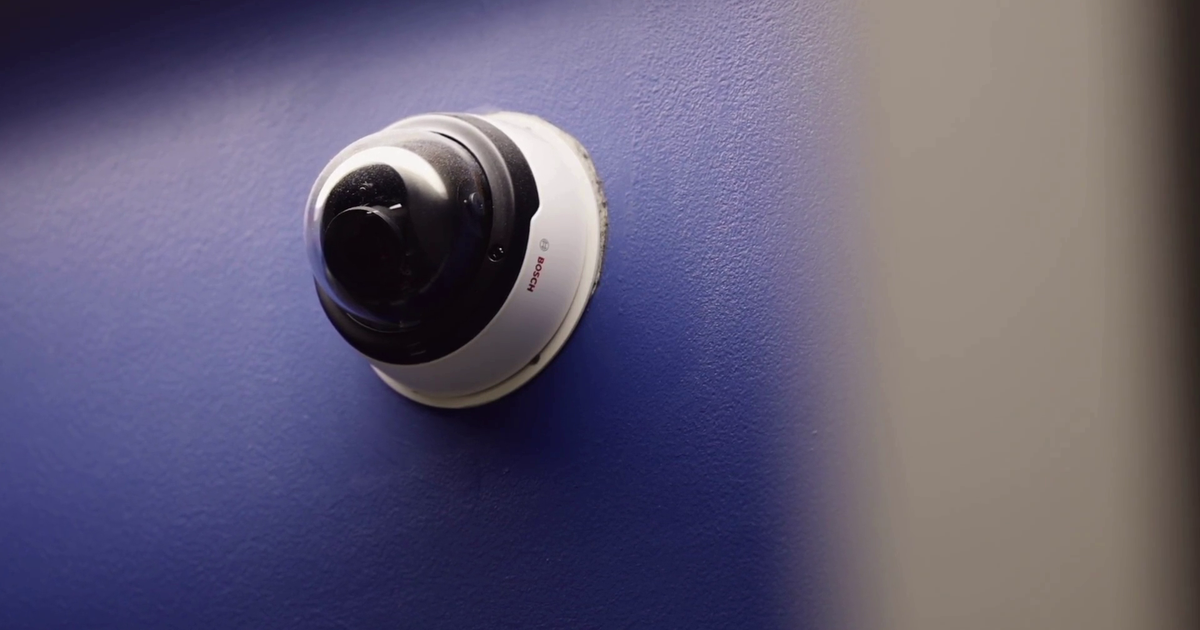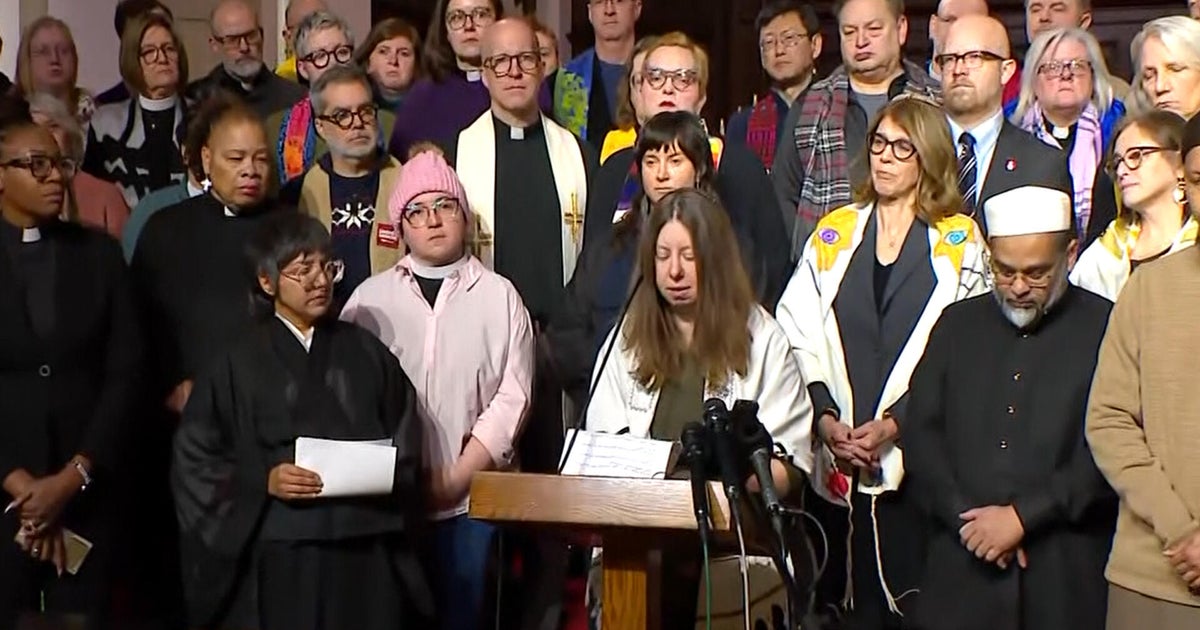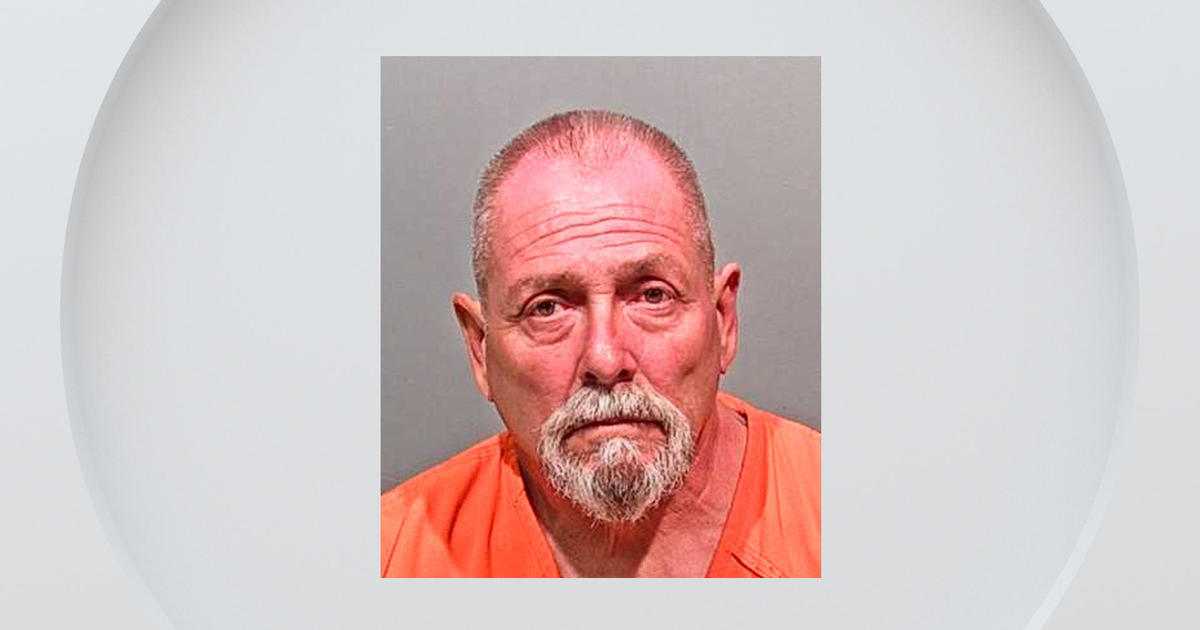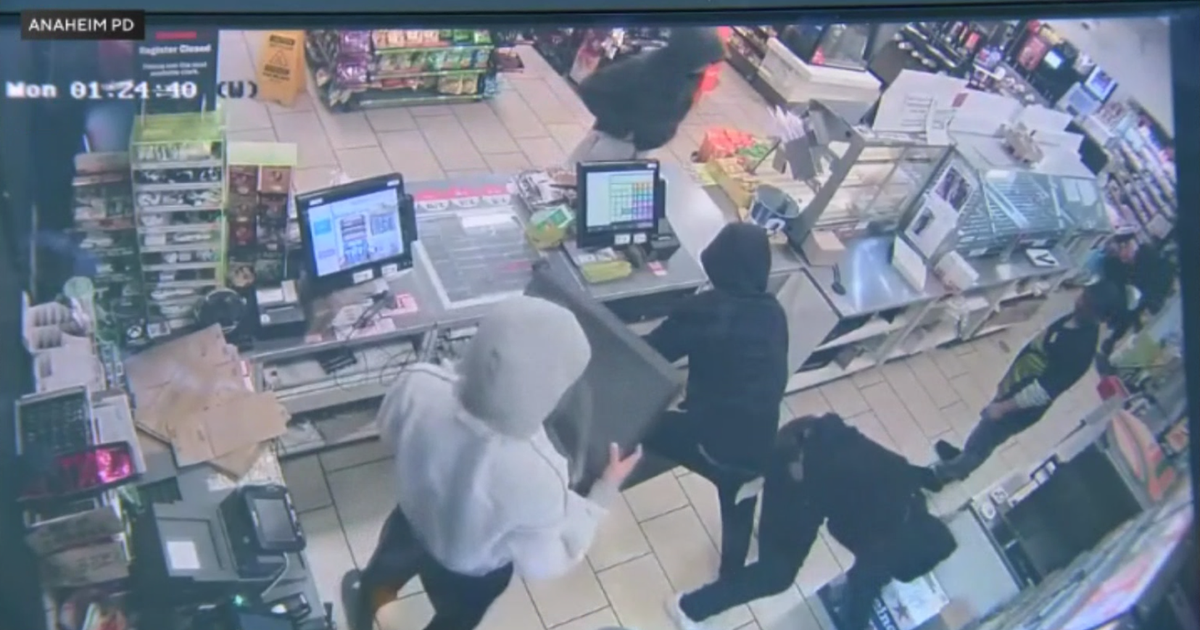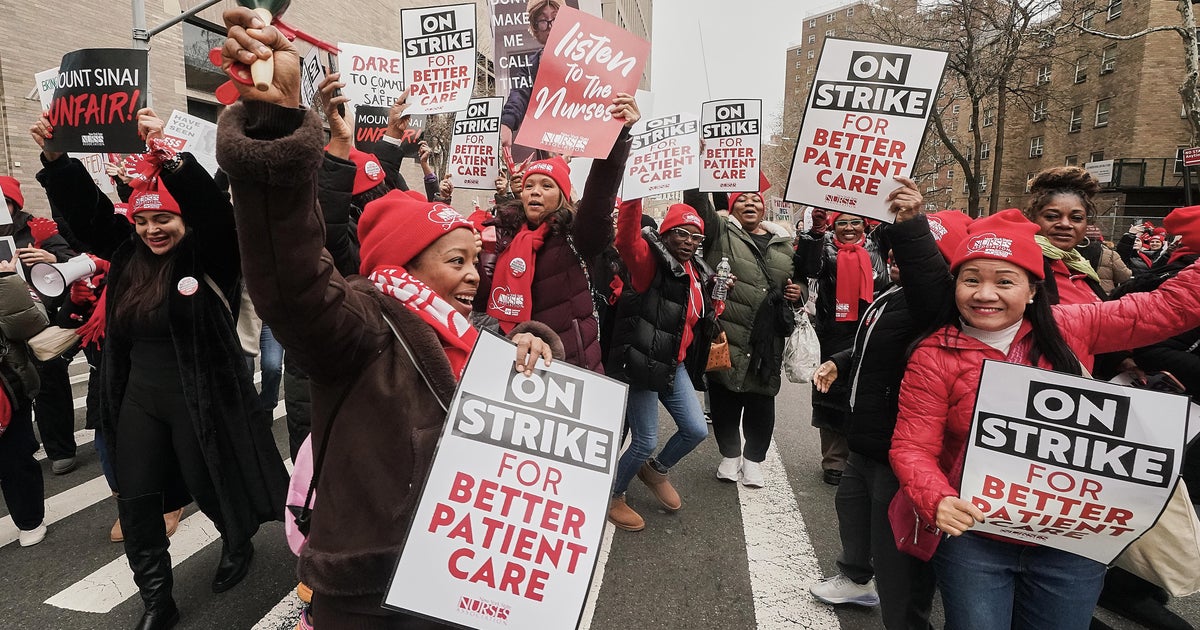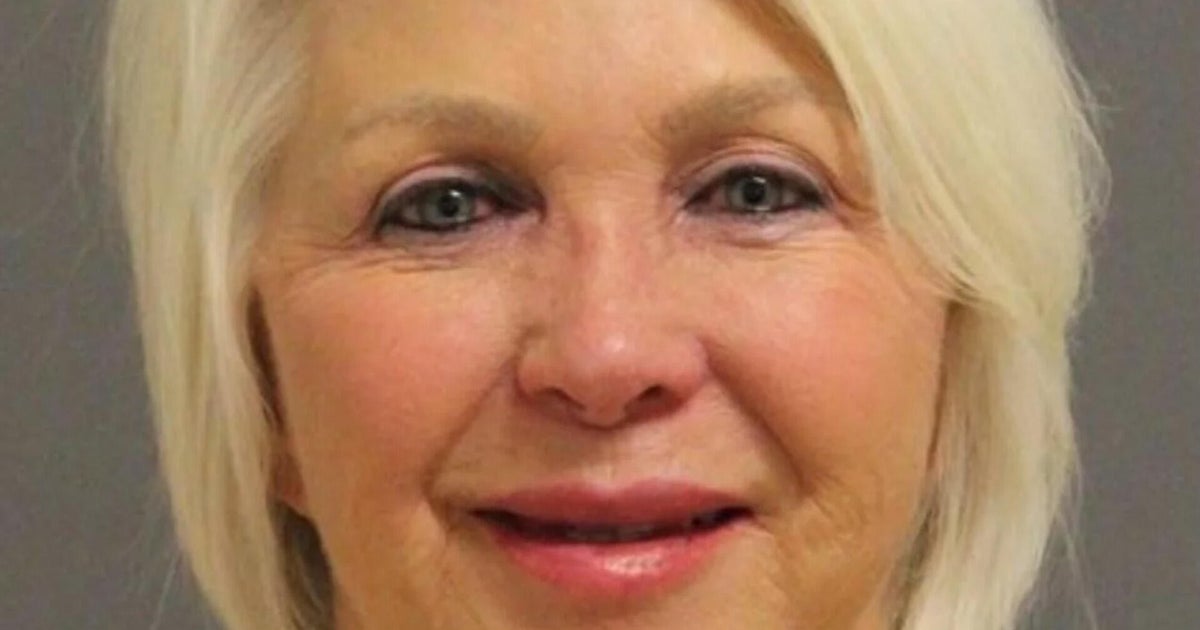President Obama Orders Changes To NSA Surveillance Programs
NEW YORK (CBSNewYork/AP) -- President Barack Obama is calling for major changes to the way the U.S. intelligence community collects and stores information about people in the U.S. and abroad, in the wake of disclosures that have sparked fury over sweeping government surveillance and stoked concerns about privacy.
Obama said the changes will end the program "as it currently exists.''
"Given the unique powers of the state, it is not enough for leaders to say, 'Trust us, we won't abuse the data we collect,'" Obama said in a speech Friday at the Justice Department.
The president also said that intelligence officials have not intentionally abused the program to invade privacy.
But he also said he believes critics of the program have been right to argue that without proper safeguards, the collection could be used to obtain more information about Americans' private lives and open the door to more intrusive programs.
Obama announced the changes after a months-long review spurred by former National Security Agency analyst Edward Snowden's leaks about secret surveillance programs.
The president admonished Snowden and defended the work of the intelligence community, CBS 2's Marcia Kramer reported.
"They are not abusing their authorities in order to listen to your phone calls and read your emails," Obama said.
Some of the changes will take effect immediately. Others will require further study and may take action by Congress to be implemented.
"The reforms I am proposing today should give the American people greater confidence that their rights are being protected, even as our intelligence and law enforcement agencies maintain the tools they need to make us safe," Obama said.
Some in the intelligence community are not happy with the changes, Kramer reported. They have been pressing the president to keep the programs intact, but privacy advocates are unhappy with the entire NSA program.
"We think the whole program is not just ineffective but it's unconstitutional," the ACLU's Laura Murphy said.
"Even if it's not a smoking gun but maybe relevant to a network or plot, that's going to make it more dangerous, I think," CBS News national security analyst Juan Zarate said.
The president is giving the intelligence community and the Department of Justice 60 days to figure out a new way to store massive amounts of phone data, Kramer reported.
"The reforms I am proposing should give the American people greater confidence that their rights are being protected, even as our intelligence and law enforcement agencies maintain the tools they need to make us safe," Obama said.
Kentucky Sen. Rand Paul, a Republican, said the president is sending mixed messages.
"If you looked at the gist of what he's saying, he was saying all the right things," Paul said. "I can really, I want to stand up and cheer, until I realize what he just told me was all these great things about my privacy, except for he really, between the lines, told me he's going continue to collect all of my private records without a warrant."
Here is a look at some of the changes the president is proposing:
PHONE RECORDS STORAGE
Effective immediately, the National Security Agency will be required to get a secretive court's permission before accessing phone records that are collected from hundreds of millions of Americans.
Those records, which include numbers dialed and call lengths but not the content of calls, are currently stored by the government. But Obama is calling for that to change. He is directing the attorney general and the intelligence community to come up with a new plan for another party to store the data.
"The move here to shift the data out of the hands of the NSA is a fairly dramatic one," Zarate said
Some of the proposals that have been floated previously include having phone companies or a new, third party store the data.
Also, the government will no longer be able to access phone records beyond two "hops'' from the person they are targeting. That means the government can't access records for someone who called someone who called someone who called the suspect.
NATIONAL SECURITY LETTERS
No longer will national security letters be kept secret indefinitely. Federal law enforcement officers issue these letters to banks, phone companies and others, demanding customer information, and the recipients are currently barred from disclosing that they've received the requests. Under Obama's proposal, the government must establish the need for those letters to remain secret. The White House says providers receiving the letters will be able to make more information about them available publicly than ever before.
One aspect that's not changing is the government's ability to issue the letters without seeking a court's approval.
SPYING ON LEADERS OVERSEAS
Revelations that the U.S. monitored the communications of friendly heads of state have sparked outrage overseas. Going forward, the U.S. won't monitor the communications of "our close friends and allies overseas'' unless there's a compelling national security purpose. But the White House isn't publicizing a list of which countries fall under that category, so there's little clarity about how that proposal will be implemented.
SPYING ON FOREIGNERS
Obama is issuing a presidential directive that outlines what the government uses intelligence for, and what purposes are prohibited. The directive says the government uses data for counterintelligence, counterterrorism and cybersecurity, to protect U.S. forces and allies, and to combat weapons proliferation and transnational crime. The directive says intelligence can't be used to suppress criticism, to provide a competitive advantage to U.S. companies, or to discriminate against people based on factors like race, gender or sexual orientation.
Obama is also proposing to extend to foreigners some protections against spying that U.S. citizens enjoy. He's directing the director of national intelligence and the attorney general to develop safeguards dealing with how long the U.S. can hold information on non-citizens overseas, and restrictions on how the data is used.
PRIVACY ADVOCATE
Obama called for a panel of outside advocates that can represent privacy and civil liberty concerns before the Foreign Intelligence Surveillance Court. Those advocates would be present for cases where the court is considering issues that are novel or significant for instance, cases that raise a new issue the court hasn't dealt with previously.
This is one proposal that Obama cannot implement on his own. Because it involves another branch of government, Congress will have to act to change the way the court operates.
PERSONNEL CHANGES
Obama is directing the State Department to appoint a senior officer to coordinate diplomatic issues regarding technology and data-collection. At the White House, a senior official will be designated to carry out privacy safeguards. Obama also wants to centralize the process used to screen requests for U.S. intelligence that come in from foreign governments. And Obama is asking a senior White House adviser, John Podesta, to lead a broad review of privacy "big data'' that will involve input from industry and privacy experts.
You May Also Be Interested In These Stories:
(TM and © Copyright 2014 CBS Radio Inc. and its relevant subsidiaries. CBS RADIO and EYE Logo TM and Copyright 2014 CBS Broadcasting Inc. Used under license. All Rights Reserved. This material may not be published, broadcast, rewritten, or redistributed. The Associated Press contributed to this report.)
